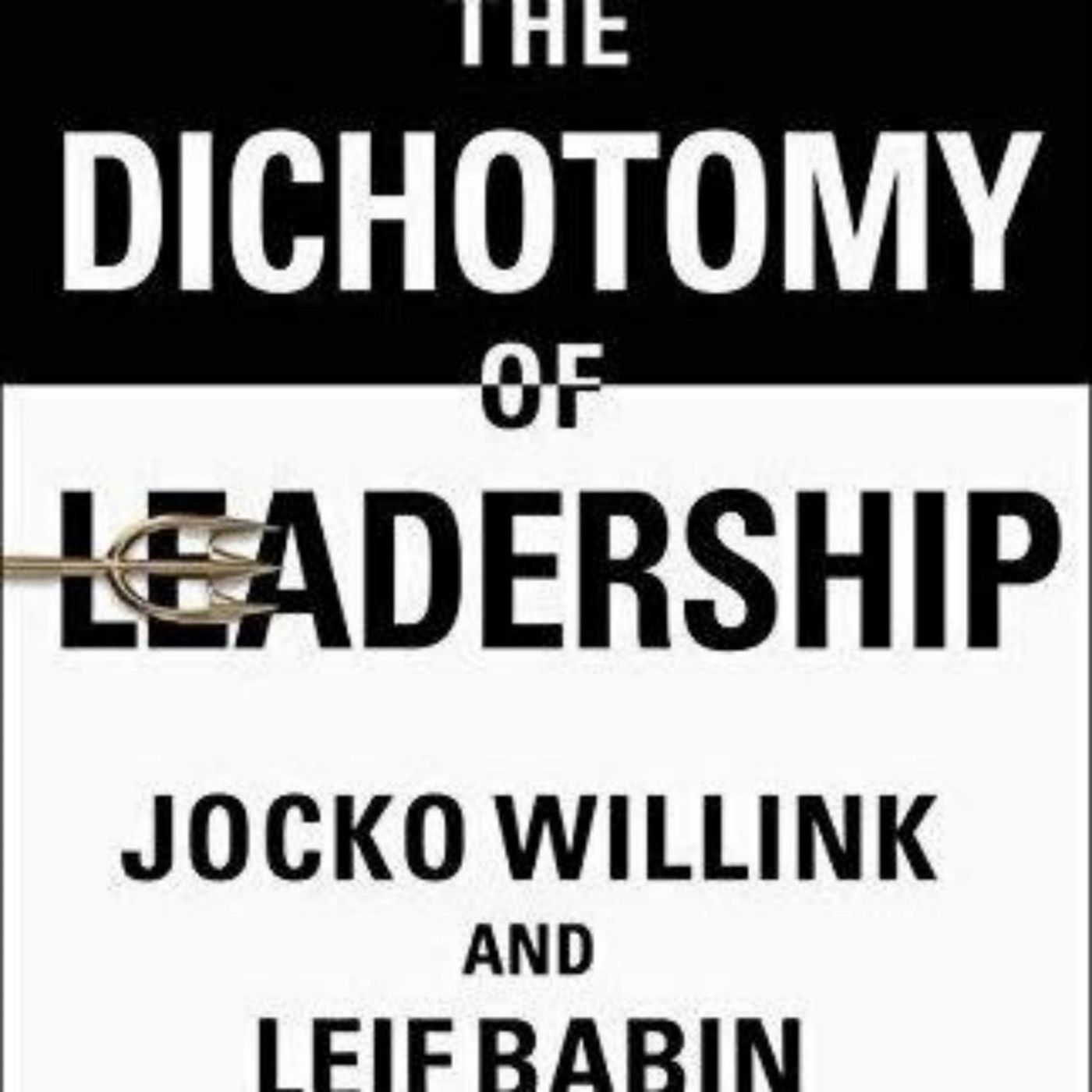
- Podcast Features
-
Monetization
-
Ads Marketplace
Join Ads Marketplace to earn through podcast sponsorships.
-
PodAds
Manage your ads with dynamic ad insertion capability.
-
Apple Podcasts Subscriptions Integration
Monetize with Apple Podcasts Subscriptions via Podbean.
-
Live Streaming
Earn rewards and recurring income from Fan Club membership.
-
Ads Marketplace
- Podbean App
-
Help and Support
-
Help Center
Get the answers and support you need.
-
Podbean Academy
Resources and guides to launch, grow, and monetize podcast.
-
Podbean Blog
Stay updated with the latest podcasting tips and trends.
-
What’s New
Check out our newest and recently released features!
-
Podcasting Smarter
Podcast interviews, best practices, and helpful tips.
-
Help Center
-
Popular Topics
-
How to Start a Podcast
The step-by-step guide to start your own podcast.
-
How to Start a Live Podcast
Create the best live podcast and engage your audience.
-
How to Monetize a Podcast
Tips on making the decision to monetize your podcast.
-
How to Promote Your Podcast
The best ways to get more eyes and ears on your podcast.
-
Podcast Advertising 101
Everything you need to know about podcast advertising.
-
Mobile Podcast Recording Guide
The ultimate guide to recording a podcast on your phone.
-
How to Use Group Recording
Steps to set up and use group recording in the Podbean app.
-
How to Start a Podcast
-
Podcasting
- Podcast Features
-
Monetization
-
Ads Marketplace
Join Ads Marketplace to earn through podcast sponsorships.
-
PodAds
Manage your ads with dynamic ad insertion capability.
-
Apple Podcasts Subscriptions Integration
Monetize with Apple Podcasts Subscriptions via Podbean.
-
Live Streaming
Earn rewards and recurring income from Fan Club membership.
-
Ads Marketplace
- Podbean App
- Advertisers
- Enterprise
- Pricing
-
Resources
-
Help and Support
-
Help Center
Get the answers and support you need.
-
Podbean Academy
Resources and guides to launch, grow, and monetize podcast.
-
Podbean Blog
Stay updated with the latest podcasting tips and trends.
-
What’s New
Check out our newest and recently released features!
-
Podcasting Smarter
Podcast interviews, best practices, and helpful tips.
-
Help Center
-
Popular Topics
-
How to Start a Podcast
The step-by-step guide to start your own podcast.
-
How to Start a Live Podcast
Create the best live podcast and engage your audience.
-
How to Monetize a Podcast
Tips on making the decision to monetize your podcast.
-
How to Promote Your Podcast
The best ways to get more eyes and ears on your podcast.
-
Podcast Advertising 101
Everything you need to know about podcast advertising.
-
Mobile Podcast Recording Guide
The ultimate guide to recording a podcast on your phone.
-
How to Use Group Recording
Steps to set up and use group recording in the Podbean app.
-
How to Start a Podcast
-
Help and Support
- Discover

Mastering the Balancing Act: The Dichotomy of Leadership
The Dichotomy of Leadership" by Jocko Willink is a leadership book that explores the concept of balancing dichotomies in leadership. Willink, a former Navy SEAL and co-author of "Extreme Ownership," discusses how effective leaders must navigate the tensions between opposing principles such as being decisive yet open-minded, disciplined yet flexible, and supportive yet challenging. Through personal stories and practical advice, Willink shows how leaders can achieve success by finding the right balance in these dichotomies. The book emphasizes the importance of adaptability, humility, and taking ownership of one's actions as key traits for effective leadership.
Chapter 2:the meaning of Book The Dichotomy of Leadership
The book "The Dichotomy of Leadership" by Jocko Willink explores the concept that effective leadership involves finding a balance between seemingly opposite traits and strategies. Willink, a former Navy SEAL officer, argues that leaders must be able to both be decisive and listen to their team, take charge and empower others, and be disciplined while also flexible. Through real-life examples and lessons learned from his military experience, Willink demonstrates how leaders can navigate these dualities to achieve success in both professional and personal life. The book serves as a guide for leaders to develop a well-rounded and adaptable approach to leadership.
Chapter 3:Book The Dichotomy of Leadership chapters
Chapter 1: Own It AllThis chapter emphasizes the importance of taking full responsibility as a leader. Jocko discusses the concept of extreme ownership and explains how leaders must take ownership of both the good and the bad in any situation.
Chapter 2: Check Your EgoIn this chapter, Jocko explains the dangers of letting your ego get in the way as a leader. He discusses the importance of humility and the ability to put the team's needs above your own ego.
Chapter 3: Cover and MoveCover and move is a military tactic that involves working together as a team to achieve a common goal. Jocko discusses the importance of teamwork and collaboration in leadership.
Chapter 4: SimpleSometimes, the simplest solution is the best solution. Jocko explains how simplicity can lead to more effective leadership and decision-making.
Chapter 5: Prioritize and ExecuteIn this chapter, Jocko discusses the importance of prioritizing tasks and eliminating distractions in order to focus on the most important objectives.
Chapter 6: Decentralized CommandDecentralized command is a leadership approach that empowers individuals to make decisions at their level. Jocko explains how this can lead to more effective and efficient leadership.
Chapter 7: PlanProper planning is essential for successful leadership. Jocko emphasizes the importance of detailed planning and preparation in order to achieve desired outcomes.
Chapter 8: Leading Up and Down the Chain of CommandLeaders must be able to effectively lead both superiors and subordinates. Jocko discusses the importance of building trust and communication with individuals at all levels of the organization.
Chapter 9: Decisiveness Amid UncertaintyLeaders must be able to make tough decisions in uncertain situations. Jocko explains how to maintain clarity and decisiveness in the face of uncertainty.
Chapter 10: Discipline Equals Freedom – The DichotomyIn the final chapter, Jocko explores the concept of discipline as a means to achieving freedom. He discusses how discipline and structure can lead to greater autonomy and success in leadership.
Chapter 4: 10 Quotes From Book The Dichotomy of Leadership
- "A leader must lead, but also be willing to follow. To master the dichotomy of leadership, you must know when to lead and when to follow."
- "There is no task too big for a leader, and no task too small. A leader must be willing to do whatever it takes to accomplish the mission."
- "A leader must be humble, but not weak. Humility is a strength, not a weakness."
- "A leader must be decisive, but not rash. Decisiveness is essential in a leader, but it must be tempered by wisdom and prudence."
- "A leader must take responsibility, but also hold others accountable. The buck stops with the leader, but they must also ensure that their team is held to the highest standards."
- "A leader must be disciplined, but not rigid. Discipline is essential in leadership, but it must be flexible enough to adapt to changing circumstances."
- "A leader must be confident, but not arrogant. Confidence inspires others, but arrogance alienates them."
- "A leader must be focused, but also have clarity. Focus is essential for achieving the mission, but without clarity of purpose, it can lead to disaster."
- "A leader must be empathetic, but also willing to make tough decisions. Empathy is essential for understanding and connecting with others, but sometimes tough decisions must be made for the greater good."
- "A leader must be balanced, but not indifferent. A leader must strike the right balance between caring for their team and accomplishing the mission, without losing sight of either."
More Episodes
Create your
podcast in
minutes
- Full-featured podcast site
- Unlimited storage and bandwidth
- Comprehensive podcast stats
- Distribute to Apple Podcasts, Spotify, and more
- Make money with your podcast
It is Free
- Privacy Policy
- Cookie Policy
- Terms of Use
- Consent Preferences
- Copyright © 2015-2025 Podbean.com





